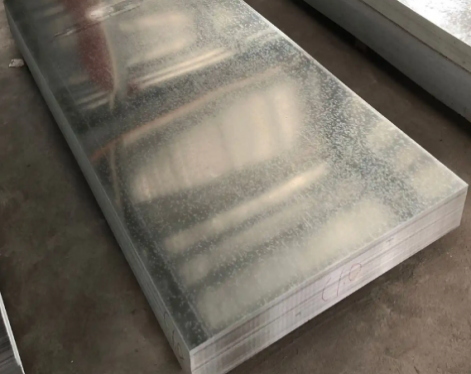The application range of seamless steel pipes is becoming wider and wider. In the whole process of applying seamless steel pipes, how should people keep the level of seamless steel pipes unchanged?
The post-production of seamless steel pipes includes passivation treatment, pre-phosphating treatment and oiling. According to the passivation treatment plan, the gloss and overall wear resistance of the seamless steel pipe surface layer can be improved, thereby prolonging the service life. The key is that it can improve the integration with other conventional metal materials. At this stage, for the stainless steel passivation of seamless steel pipes, the key to using chromate for passivation is to increase some activation in the case of passivation. After passivation, reagents such as chloride, ammonium sulfate or hydrochloric acid will cause the chromate film to thicken. When the passivating agent contains chloride, it can reduce the interfacial tension of the steel chain, accelerate the demulsification reaction, improve the chemical polishing effect, and make the coating delicate and bright.
Seamless steel pipes must not only pay attention to the relevant production process when manufacturing, but also ensure the accuracy of the mid- and late-stage production and processing and technical solutions in order to double protection for the seamless controlled finished product and the seamless steel pipe. The seamless pipe not only needs to improve the quality in appearance, but also has become a raw material with strong processing ability at this stage.
Improve the arc accuracy of the casting machine to prevent excessive ground stress on the heterogeneous page at the initial stage of condensation and avoid cracks along the grain boundary.
The seamless steel pipe factory and the seamless steel pipe manufacturer tell you to use the method of appropriately speeding up the forging speed and expanding the cooling water flow within a certain range, increasing the water flow and reducing the temperature to maintain forced cooling.
Strictly control the composition of steel grades, especially in terms of controlling carbon and water content.
Improve the electromagnetic induction mixing of rolled steel and control the superheat of molten steel in the tundish below 40℃.
The post-production of seamless steel pipes includes passivation treatment, pre-phosphating treatment and oiling. According to the passivation treatment plan, the gloss and overall wear resistance of the seamless steel pipe surface layer can be improved, thereby prolonging the service life. The key is that it can improve the integration with other conventional metal materials. At this stage, for the stainless steel passivation of seamless steel pipes, the key to using chromate for passivation is to increase some activation in the case of passivation. After passivation, reagents such as chloride, ammonium sulfate or hydrochloric acid will cause the chromate film to thicken. When the passivating agent contains chloride, it can reduce the interfacial tension of the steel chain, accelerate the demulsification reaction, improve the chemical polishing effect, and make the coating delicate and bright.
Seamless steel pipes must not only pay attention to the relevant production process when manufacturing, but also ensure the accuracy of the mid- and late-stage production and processing and technical solutions in order to double protection for the seamless controlled finished product and the seamless steel pipe. The seamless pipe not only needs to improve the quality in appearance, but also has become a raw material with strong processing ability at this stage.
Improve the arc accuracy of the casting machine to prevent excessive ground stress on the heterogeneous page at the initial stage of condensation and avoid cracks along the grain boundary.
The seamless steel pipe factory and the seamless steel pipe manufacturer tell you to use the method of appropriately speeding up the forging speed and expanding the cooling water flow within a certain range, increasing the water flow and reducing the temperature to maintain forced cooling.
Strictly control the composition of steel grades, especially in terms of controlling carbon and water content.
Improve the electromagnetic induction mixing of rolled steel and control the superheat of molten steel in the tundish below 40℃.









